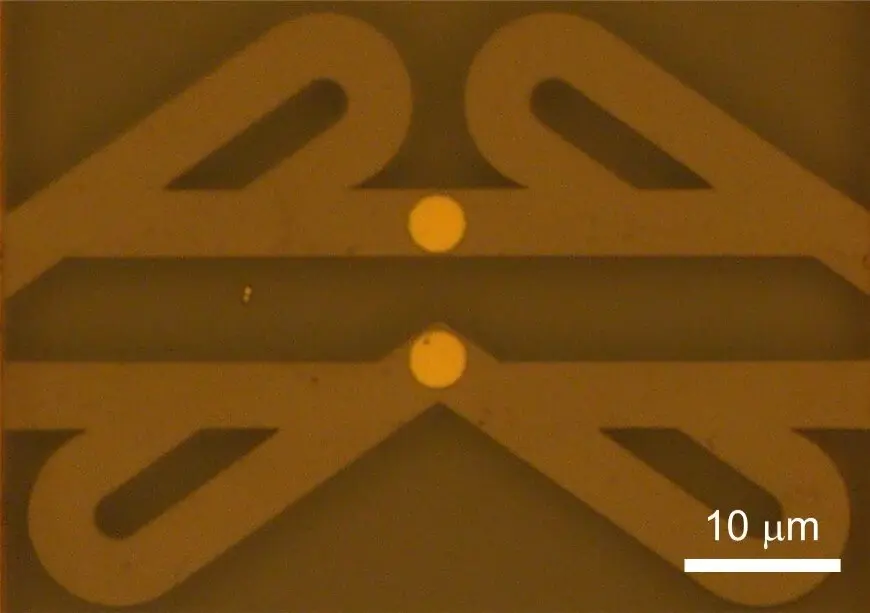About the Paper
Assistant Professor Xing Huang (Electrical Engineering, Ph.D. 2022) and Professor Masahiro Nomura of the Institute of Industrial Science, University of Tokyo, along with their colleagues, have successfully demonstrated thermal rectification at around 50 K using a Tesla valve structure. This was achieved by forming a phonon Poiseuille flow in isotope-purified graphite, harnessing the fluidic properties of phonons. While rectification functions of Tesla valves have previously been confirmed for liquids and electrons, this is the first extension to solid thermal conduction. The research clarified the importance of high-purity graphite and structural design to form Poiseuille flow, which is necessary to induce thermal rectification using the fluidic nature of phonons. This breakthrough demonstrates that graphite, which is already gaining popularity as a heat dissipation material, can also serve as a thermal functional device. It holds promise for applications in electronic devices that face thermal management challenges, such as high-performance semiconductor devices. This research was published online in the British scientific journal Nature on October 16, 2024.
Authors
X. Huang, R. Anufriev, L. Jalabert, K. Watanabe, T. Taniguchi, Y. Guo, Y. Ni, S. Volz, and M. Nomura
Title
A Graphite Thermal Tesla Valve Driven by Hydrodynamic Phonon Transport
Published Journal
Nature
DOI: https://doi.org/10.1038/s41586-024-08052-1
University of Tokyo Announcement (in Japanese)
